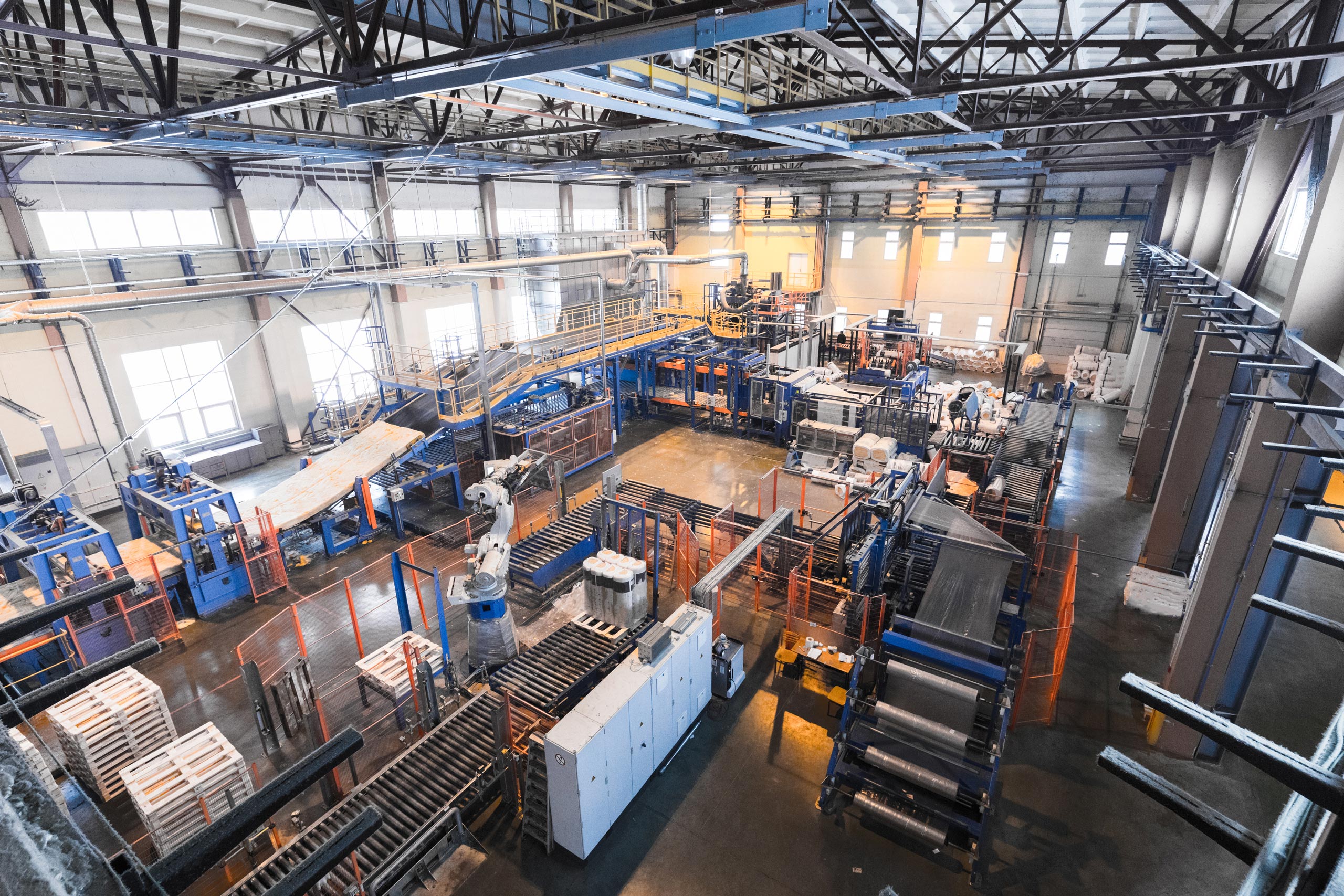Menu

Duration: 0.50 Hrs
Course Level: Intermediate
Languages: English
Capability: Audio, Video, MobileReady
This interactive training is designed to introduce you to some of the basic principles associated with heat and heat transfer. In this course, we will describe some of the effects of heat, the relationship between temperature and thermal energy, and the Law of Energy Conservation. We will define the terms “sensible heat” and “latent heat.” Also, we will discuss the effects of pressure on the temperature at which a substance undergoes a phase change.
By the end of this course, you will be able to:
Duration: 2.00 Hrs
Course Level: Intermediate
Languages: English
Capability: Audio, Video, MobileReady
This course is designed to introduce participants to the characteristics, components, and operation of fluid systems. After completing this course, participants should be able to explain, in general terms, what a plant system is and what a fluid is. They should also be able to explain the basic layout of a liquid system and describe energy conversions in a liquid system. Participants should also be able to describe the basic parts of a compressed air system and the basic operation of several gas and vapor system devices.
By the end of this course, you will be able to:
Duration: 2.00 Hrs
Course Level: Intermediate
Languages: English
Capability: Audio, Video, MobileReady
This course is designed to introduce participants to scientific principles associated with applied forces and the operation of basic machines. After completing this course, participants should be able to define work, power, and efficiency; and explain the mechanical advantage of this inclined plane and the lever. They should also be able to explain the hydraulic principle and the relationship between friction and the operation of machines.
By the end of this course, you will be able to:
Duration: 2.00 Hrs
Course Level: Intermediate
Languages: English
Capability: Audio, Video, MobileReady
By the end of this course, you will be able to:
Duration: 2.00 Hrs
Course Level: Intermediate
Languages: English
Capability: Audio, Video, MobileReady
By the end of this course, you will be able to: